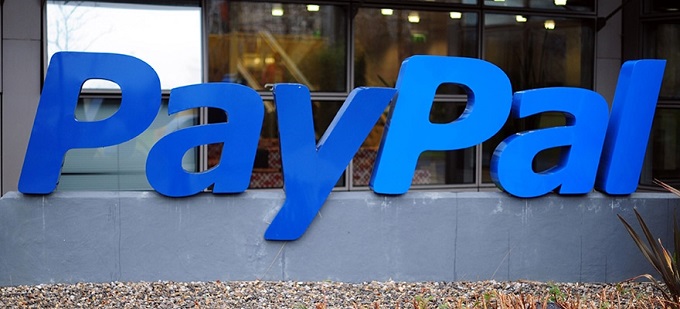In a recent cybersecurity breach, PayPal users have been warned about a new and sophisticated cyberattack targeting their accounts.
The attack, referred to as “no-phish phishing,” is being called one of the most deceptive and challenging to detect in the history of phishing scams.
The attack, which was first reported on January 9, 2025, involves highly advanced methods that bypass traditional phishing techniques, making it harder for even experienced users to notice fraudulent activity.
Unlike typical phishing attacks that rely on emails or fake websites to lure users, this new method works directly within PayPal’s platform, making it even more dangerous.
How the Attack Works
Cybersecurity experts have described the “no-phish phishing” attack as particularly insidious because it doesn’t use the usual warning signs like fake emails or suspicious links.
Instead, hackers exploit vulnerabilities in PayPal’s security to target users in a way that blends in with normal account activities.
These attacks bypass detection systems, and many victims report no obvious signs of compromise.
While details on how hackers infiltrated PayPal’s infrastructure remain unclear, the company has taken swift action in response to the breach. As a precautionary measure, PayPal reset the passwords of affected users and required them to establish new, stronger login credentials.
PayPal Responds to the Breach
In a statement, PayPal confirmed that it had identified the issue and acted immediately to protect its users.
The company urged customers to be vigilant and to enable two-factor authentication to further safeguard their accounts.
“We are deeply committed to ensuring the safety and security of our users’ accounts. Our teams have worked diligently to resolve the situation and ensure that no further unauthorized access takes place,” a PayPal spokesperson said.
The company’s response also included offering guidance on how users can spot phishing attempts and maintain secure accounts. PayPal provided advice on avoiding suspicious links and advised users to always check the legitimacy of communications they receive regarding their accounts.
The Growing Threat of Cybercrime
Cybersecurity experts have expressed concern over the growing sophistication of online fraud.
“The PayPal phish-free phishing attack highlights the increasing sophistication of cybercriminals in leveraging social engineering tactics,” said Suzanne Sando, Senior Fraud and Security Analyst at Javelin Strategy & Research.
“By mimicking the guidance provided to consumers by financial institutions, fintechs, and other major players in the financial industry, these scammers effectively bypass the common red flags consumers are trained to identify when evaluating the authenticity of transaction requests. Since consumers serve as the primary line of defense against scams, it becomes much easier for them to proceed with a transaction when everything appears legitimate and aligns with their expectations.”
The rise of such advanced attacks raises questions about the future of online security. With millions of users relying on digital payment platforms like PayPal, ensuring robust protection against cyber threats has never been more critical.
Protecting Yourself from Cyber Attacks
To help prevent falling victim to such attacks, experts recommend following several key security practices.
These include regularly updating passwords, enabling two-factor authentication, and staying alert for any unusual activity on accounts. Users are also urged to never share personal information via email or phone unless they are certain of the recipient’s legitimacy.
What PayPal Users Should Do
PayPal users who suspect their accounts may have been compromised are advised to immediately reset their passwords and monitor their account for any suspicious activity.
The company has also launched a new set of educational tools to help users recognize common signs of cyber fraud.
As online fraud continues to evolve, it’s clear that both consumers and companies need to stay proactive in safeguarding sensitive information.
PayPal’s swift response to this latest breach shows that even the most established platforms must remain vigilant to protect users from the growing threat of cybercrime.
Also Read
Pi Network Adds Countdown Clock to Remind Users of Mainnet Migration Deadline
Zimbabwe’s Currency Crisis Deepens: A Nation at a Crossroads
